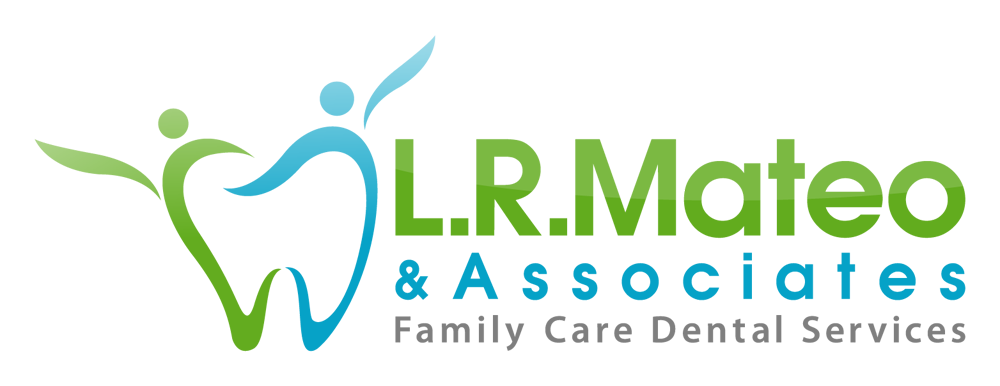Brushing and Flossing
When you brush your teeth, you help remove food and plaque — a sticky white film that forms on your teeth and contains bacteria. After you eat a meal or snack that contains sugar, the bacteria in plaque produce acids that attack tooth enamel. Repeated attacks can break down tooth enamel and lead to cavities. Plaque that isn’t removed can also harden into tartar, making it harder to keep teeth clean.
In choosing when to brush your teeth, you might also consider your diet. If you’ve eaten an acidic food or drink, avoid brushing your teeth right away. These acids weaken tooth enamel, and brushing too soon can remove enamel. If you know you’re going to eat or drink something acidic, brush your teeth beforehand.
In addition to brushing your teeth:
Floss daily
Drink plenty of water, eat a healthy diet and limit between-meal snacks
Replace your toothbrush every three to four months, or sooner if the bristles are irregular or frayed
Schedule regular dental checkups
